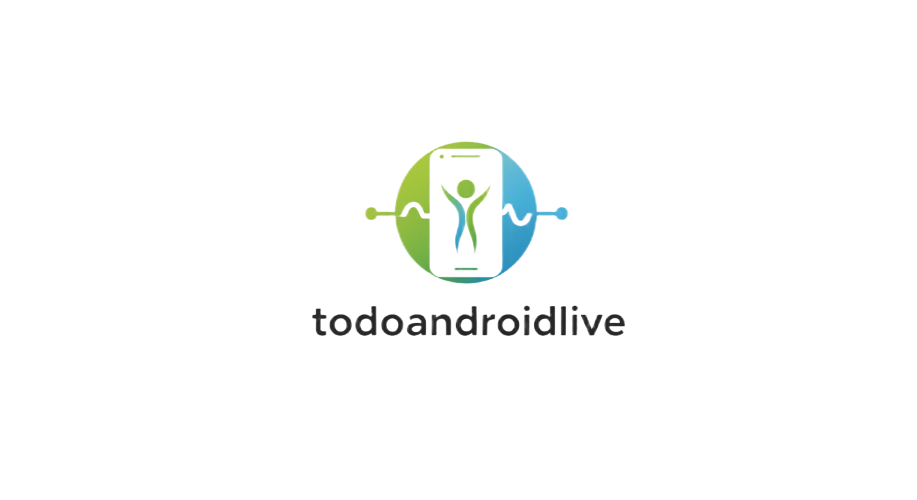Your heart is at the center of your health, and what you eat plays a major role in how well it functions. A heart-healthy diet not only supports good circulation and blood pressure, but also helps lower bad cholesterol (LDL) and raise good cholesterol (HDL). Small changes in your daily meals can make a big difference in preventing heart disease and promoting overall wellness.
Why Diet Matters for Heart Health
High cholesterol, blood pressure, and inflammation are common causes of heart disease. A balanced diet helps:
- Reduce LDL (bad cholesterol)
- Increase HDL (good cholesterol)
- Lower blood pressure
- Prevent artery blockages
- Support healthy weight management
By choosing the right foods, you give your heart the fuel it needs to stay strong.
Oats and Whole Grains
Oats are rich in soluble fiber, which binds to cholesterol in your digestive system and helps flush it out. Whole grains like:
- Brown rice
- Barley
- Quinoa
- Whole wheat bread
…also provide essential nutrients like magnesium and B vitamins that support heart function.
Try having oatmeal for breakfast or swapping white rice with brown rice to improve your cholesterol naturally.
Fatty Fish Rich in Omega-3
Fatty fish is one of the best sources of omega-3 fatty acids, which reduce inflammation and protect your arteries. Add fish like:
- Salmon
- Mackerel
- Sardines
- Trout
to your meals at least twice a week. Grilled, baked, or steamed options are healthier than fried fish.
Nuts and Seeds
Nuts are full of healthy fats, protein, and fiber that help lower LDL cholesterol and improve heart health. Good choices include:
- Almonds
- Walnuts
- Chia seeds
- Flaxseeds
Stick to a small handful a day, and avoid salted or sugar-coated varieties. Seeds can be sprinkled over yogurt, smoothies, or salads.
Fruits and Vegetables
Colorful fruits and veggies are loaded with antioxidants, vitamins, and fiber that reduce cholesterol and inflammation. Aim for a variety like:
- Leafy greens (spinach, kale)
- Berries (blueberries, strawberries)
- Citrus fruits (oranges, lemons)
- Tomatoes, carrots, and broccoli
Try to fill half your plate with vegetables and fruits at each meal.
Legumes and Beans
Beans are rich in soluble fiber and plant-based protein, making them a great alternative to red meat. Include:
- Lentils
- Black beans
- Chickpeas
- Kidney beans
They help lower cholesterol, keep you full longer, and improve blood sugar levels.
Olive Oil and Healthy Fats
Replace butter and unhealthy oils with extra virgin olive oil, which is high in heart-protective monounsaturated fats. Use it in:
- Cooking
- Salad dressings
- Drizzling over cooked veggies or bread
Other sources of good fats include avocado, nuts, and canola oil.
Dark Chocolate (in Moderation)
Yes, dark chocolate (at least 70% cocoa) can benefit your heart when eaten in moderation. It contains flavonoids, which help lower blood pressure and improve circulation.
Limit yourself to a small square or two a day, and avoid milk chocolate or chocolate with added sugar.
Green Tea
Green tea contains powerful antioxidants called catechins, which may reduce LDL cholesterol and improve blood vessel function. Enjoy 1–2 cups daily without added sugar to support your heart health.
Reduce or Avoid These Foods
While adding heart-healthy foods is important, also reduce:
- Trans fats (in baked goods and fast food)
- Saturated fats (in red meat, butter, cheese)
- Excess salt (in processed foods, canned soups)
- Sugary drinks and desserts
These contribute to high cholesterol, blood pressure, and inflammation — all major risk factors for heart disease.
Final Thoughts
A heart-healthy diet doesn’t have to be boring or restrictive. By including fiber-rich grains, colorful veggies, omega-3-rich fish, and healthy fats in your daily meals, you nourish your heart and lower harmful cholesterol naturally. Start with small swaps, eat mindfully, and make food your ally in building a healthier, stronger heart.

